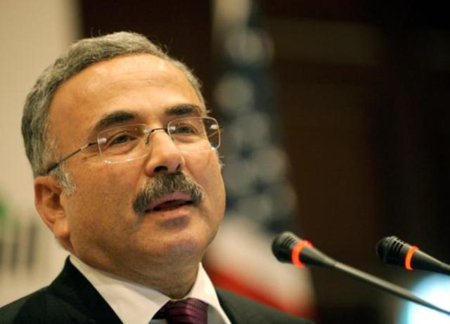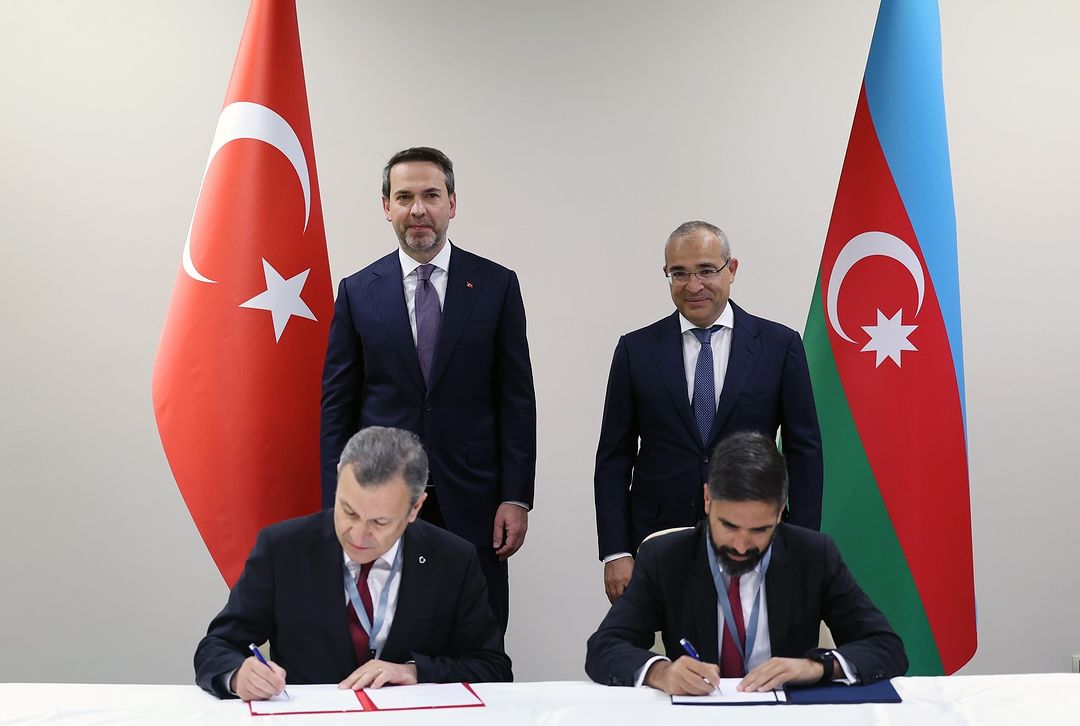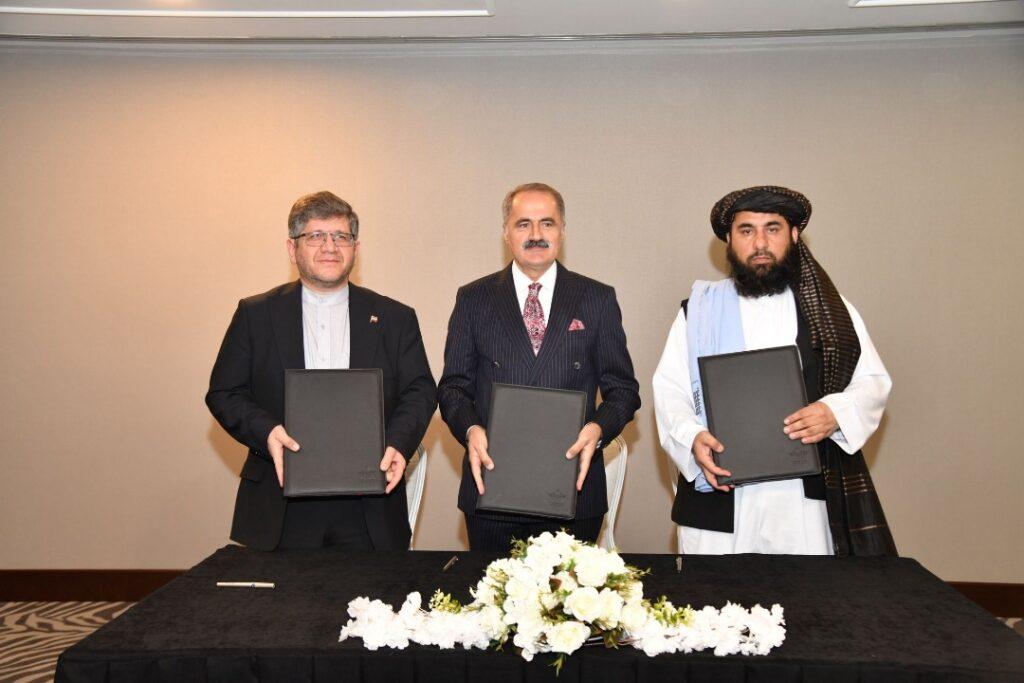
Shaking Down the Turkic Brother? Turkey’s AKP Government Obstructs Azerbaijan’s Gas Outlet to Europe
Shaking Down the Turkic Brother? Turkey’s AKP Government Obstructs Azerbaijan’s Gas Outlet to Europe
During a recent public debate in Brussels on Turkey’s energy policies, several panelists advised Turkey’s Energy Minister Hilmi Guler, who participated in the panel, that Ankara is "overplaying its hand" by setting unacceptable terms for the transit of Azerbaijani gas to Europe. Such tactics in the negotiations on the Nabucco project, the panelists advised, could boomerang against Turkey’s own interests. Separately from the Brussels event, Katinka Barysch, the deputy director of the London-based Center for European Reform similarly cautioned that the Turkish government would shoot itself in the foot by using the Nabucco project for political leverage on the European Union (Hurriyet, March 5).
Speakers at an energy conference in Ankara a week later indicated directly or indirectly that Turkey’s government was continuing to pose unacceptable conditions to the transportation of gas from Azerbaijan to European consumer countries. U.S. Deputy Assistant Secretary of State Matt Bryza, who handles this project for a strongly supportive U.S. government, confirmed in his presentation that Turkey had failed to agree with Azerbaijan on a formula for allowing the transit of Azerbaijani gas through the planned Nabucco pipeline. Without the transit agreement, as Nabucco consortium general director Reinhard Mitschek pointed out, the second phase of production at Azerbaijan’s Shah Deniz field would have to be postponed by another two years. Industry sources indicated that the problem of transit through Turkey was holding up the investment decision in further development at Shah Deniz, potentially delaying the second-phase production until 2016, instead of 2014. This would in turn delay Nabucco’s target date for first-phase completion by the same length of time. All this would risk dooming the project. Representatives of the United States, the Nabucco consortium, and the European Commission at the conference recommended to the Turkish government to renounce its demands to lift off a portion of Azerbaijani gas from the Nabucco pipeline, pay a discounted price for it, and set terms of transit and taxation incompatible with European regulations (Platts Commodity News, March 13).
For its part, the EU proposes to include Turkey in the Caspian Development Corporation (CDC), a planned consortium of European buyers of natural gas from the Caspian basin and the Middle East. The gas would be transported through the Nabucco pipeline and other lines in the EU-planned Southern Corridor for gas to Europe. The Turkish government, however, is blocking the Nabucco project through unilateral demands, equally unacceptable to the EU and to Azerbaijan.
Turkish AKP leaders apparently believe, as Prime Minister Recep Tayyip Erdogan and President Abdullah Gul indicated during their visits to Brussels and Moscow in January and February, respectively, that their government is in a position to pressure the EU on this project, in order to accelerate Turkey’s accession negotiations with the EU. Even Gul, who seems to be a more skillful negotiator, believes that "on the energy issue, it is obvious that Turkey’s EU membership would benefit the EU more than it would the country itself" (Anatolia News Agency, March 5).
It may take some time for the AKP government to discover that this is not the case. Meanwhile, that government seems comfortable asking Azerbaijan to pay the price for Ankara’s unrealistic ambitions. By obstructing the transport of Azerbaijani gas through Nabucco, the AKP government is retarding gas field development in Azerbaijan and gas revenues to that country. It is also playing into the hands of Gazprom, which has offered to buy Azerbaijan’s entire export volume at European netback prices, as long as that gas cannot reach Europe. Ironically, Gazprom seems to be offering better terms than Turkey now does to Azerbaijan.
Western interest in Azerbaijan as a gas source and gas transit route continues to grow, however. The German RWE (Rheinisch-Westfaelische Elektrizitaetswerke, participant in the Nabucco consortium) plans to connect its Czech pipeline network with the Nabucco terminal in Austria. RWE president Juergen Grossmann discussed this and other aspects of the Southern Corridor project with Azerbaijan’s President Ilham Aliyev in Baku when opening RWE’s representative office there. RWE and Austria’s OMV (the lead company in the Nabucco project) plan to develop transport solutions for Turkmen gas via Azerbaijan to Europe (NewsIn, March 6; Azerbaijan Business Center News, March 10).
Apart from Shah Deniz, with BP and Norway’s StatoilHydro as consortium leaders, Azerbaijan’s offshore Apsheron and ACG fields await the development of their gas reserves. On February 27 Total of France signed an agreement with Azerbaijan’s State Oil Company on exploration, development, and production sharing for the Apsheron offshore area (Trend Capital, APA, February 27, 28; New Europe, March 7). As gas production in Azerbaijan increases over time, the export outlets for future volumes can not be left hostage to any single outlet. Azerbaijan should be offered an alternative export route option in the framework of the EU-planned Southern Corridor, which envisages a system of pipelines, including Nabucco and White Stream to Europe. Putting the White Stream option on the table for discussion could demonstrate that Turkey does not necessarily hold a monopoly on the westbound transport of gas from Azerbaijan.
The EU and the Nabucco consortium expect to sign intergovernmental and project support agreements on the project in May and June at upcoming summits. The question arises whether the AKP government wants to bear the political responsibility for deadlock.


